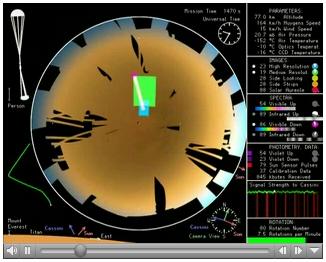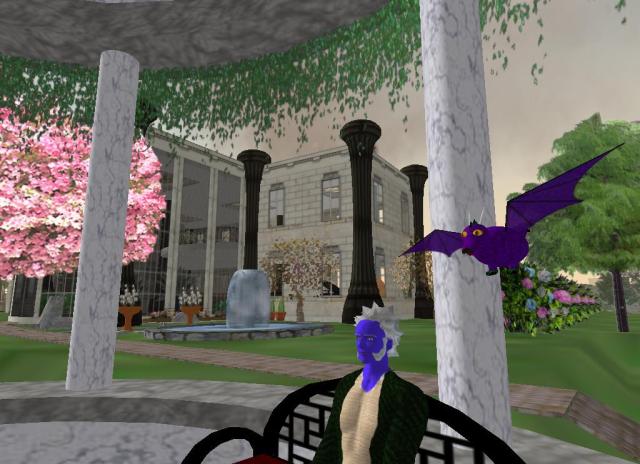I was just listening to a lecture by James Carse over at the
Long Now Foundation (
link to audio here), and was really affected by a comment he made in summary of his notions on finite and infinite games.
He said: "A finite game is a game you play to win, and an infinite game is one you play to continue the play or to keep the play going. An infinite player has the talent of seeing when someone is about to lose and is able, when he or she does see that, either to change the rules or find some other way of getting that person back into play. ... an infinite game... has the freedom to change the
sturcture structure of the game to keep everyone in play."
Librarians have to learn how to become infinite players. We have to learn how to keep people and information in the same game. Maybe that game is the game of learning, which begs a question about our basic aims and assumptions (if libraries can save the world, does that mean knowledge and learning alone lead to the betterment of mankind? As 19th Century as it may sound, I think I have to admit that I'm still prejudiced toward the essential
goodness of
knowing. Wow. Where was I during the World Wars?).
So keeping people in the game, and keeping "books" in the game is what we've got to do to keep the game going. We're very good at keeping books in the game -- some of the most radical librarians I know (radically inclusive) are catalogers.
Along the way, we're getting better and better at keeping people in the game too. All this
Library 2.0 business really boils down to increasing access, in my mind, though much of the conversation is naturally tilted toward "Wow! Ain't these techno-toys cool?!".
Web 2.0 comes down to making user-centered values more central to fetching and finding information online. For librarians that means making our services into more of a conversation and allowing greater user participation in the workings of the library -- letting users state their own needs more clearly, and allowing them to make their marks on our libraries more visibly.
We can't keep our patrons in the game if we don't work on the good old "high touch" values of
listening,
asking good questions,
speaking clearly,
showing and
doing (rather than telling), and
working hard to
get the information to the people. We keep patrons in the game by explaining why we look at the index first. We keep them in by explaining the call number ranges. We keep them by going to their work stations and having them use the mouse and type, rather than having them squat by the reference desk as we breezily stroll through the correct steps to find articles.
This "game" of libraries is an infinite game, I think. There is no ultimate goal except to keep it going, maybe, because no one stops learning. So if our patrons drift away because they feel like they are losing, then it is absolutely imperative to change the rules of the game.
Check out Carse's book
Finite and Infinite Games, too -- it's an oldie, but a goodie.

--
Listening:
Neil YoungShushing: those who shush others too often.




